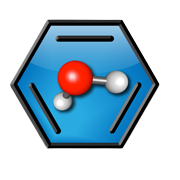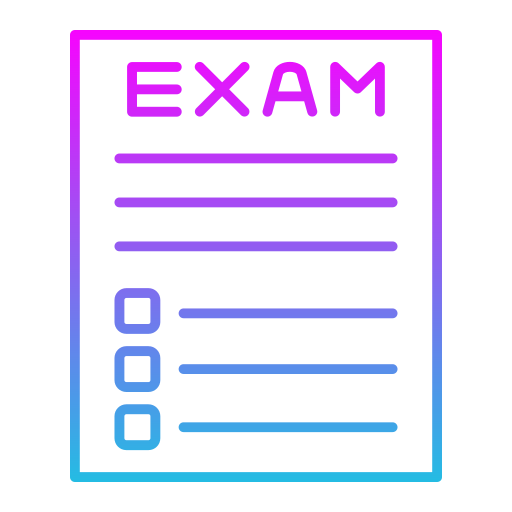Lab Assignments
One way to enhance SIA is through the use of multiple process examples during the lab work required for all chemistry assignments. This will allow students to learn from the process that another student has used and then incorporate this knowledge in their own labs. This can give students ideas for new experiments as well as a way to practice SIA.
The ability to apply self-interaction to various tasks within a laboratory setting is also important. A chemical reaction requires many different steps and different types of chemical processes. In order for an experiment to be successful, it must be able to work with any one of the steps necessary for the chemical reaction to work. It must be able to work with any one of the processes necessary to get the reaction to work.
If a student has the opportunity to perform experiments in a laboratory environment, they should take advantage of this opportunity. Doing so allows students to explore the chemical interactions that occur in the laboratory. They will also be able to apply these processes and reactions to the real world. Learning to do these experiments within a controlled laboratory setting is also important to help students develop the skills needed for self-interaction in their laboratories.
The ability to test chemicals within the lab environment is an important aspect of chemistry lab assignments. It requires students to learn how to identify different chemical reactions, how to mix the chemicals and how to control the laboratory environment in order to get the experiment to work. The ability to perform these tasks in a laboratory environment will help them learn to think about how these chemicals interact in their body as well as in the laboratory.
Learning to describe the physical properties of a chemical is an important skill that many chemical lab assignments require. Lab conditions change over time and there are many changes that take place in any given chemical. that can change the physical properties. The ability to recognize these changes and explain the physical properties to students is important in helping them to understand the relationship between the chemical and the environment.
Learning how to manipulate the chemical lab environment and the physical lab environment in order to get the experiment to work is an important skill. Self Interaction is important because it allows students to do their best work in the lab. It also allows them to develop the skills needed to manipulate the chemical process and environment in other environments where they work. These skills can be useful to have when they work with other people and their own laboratories.
When students do not learn to apply the skills learned in this guide, they may not have a good understanding of how their intelligence quotient impacts the chemical laboratory environment. Intelligence quotient is the measurement of a student’s intelligence in relation to a range of test scores. Students that do not have good intelligence quotient levels in the lab environment will have difficulty with lab work and will find it more difficult to perform well in their own labs.
As students continue their studies and advance through their school career, they will need to become more aware of their skills in the lab. Learning to apply these skills will help them perform well in their own laboratories and will allow them to create valuable lab work for future students to read. In order to be successful in the field of Chemistry, students will need to learn how to apply these skills to the real world in various settings.
Lab activities can be challenging for some students and will require the students to learn new methods of learning and applying their skills throughout the duration of the lab. Students should learn to apply their self-interaction skills to their laboratories so that they are able to complete their assignments without becoming discouraged or frustrated. This will allow them to learn the techniques that are necessary for their success in the lab.
Lab activities should be taken seriously to provide students with skills that they can use in the real world. Learning to perform well in the lab by applying these skills to a variety of lab activities will allow them to become successful at the lab. Students who learn to apply their knowledge in the lab will enjoy the lab environment and will enjoy their time at the lab.

